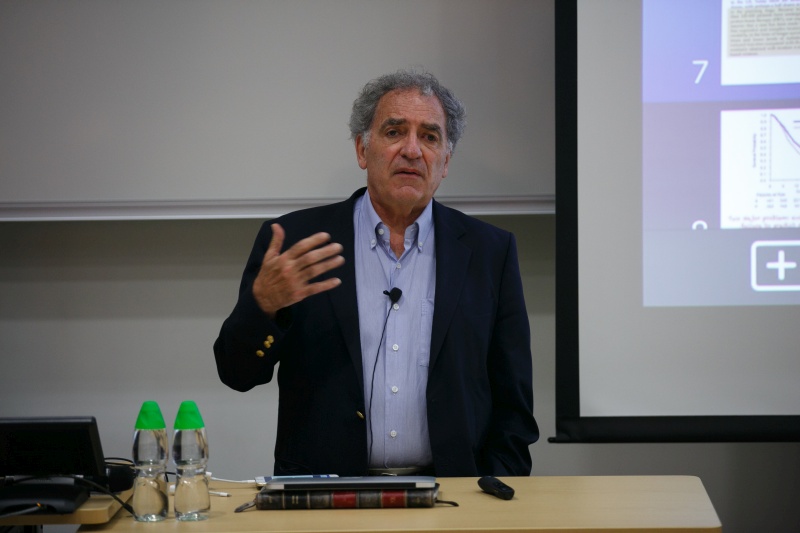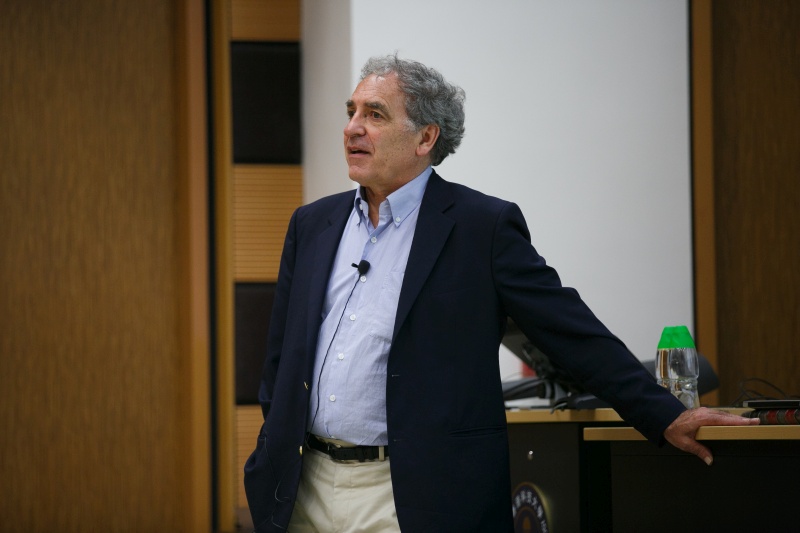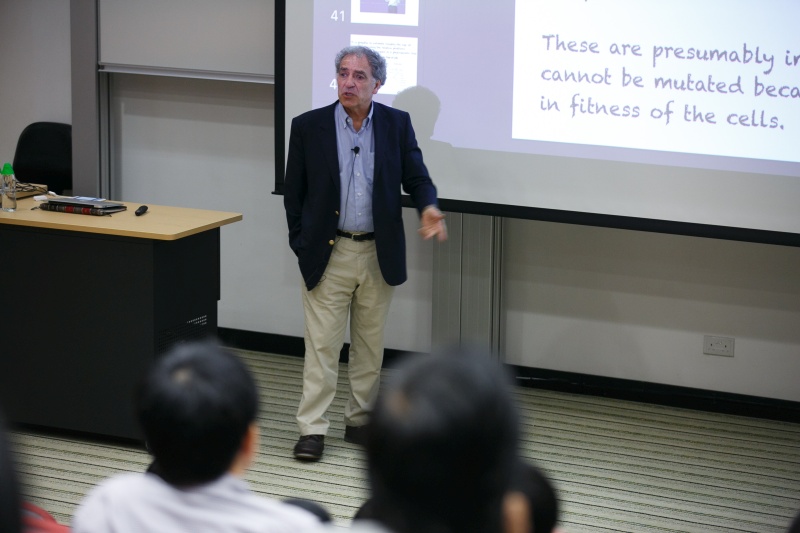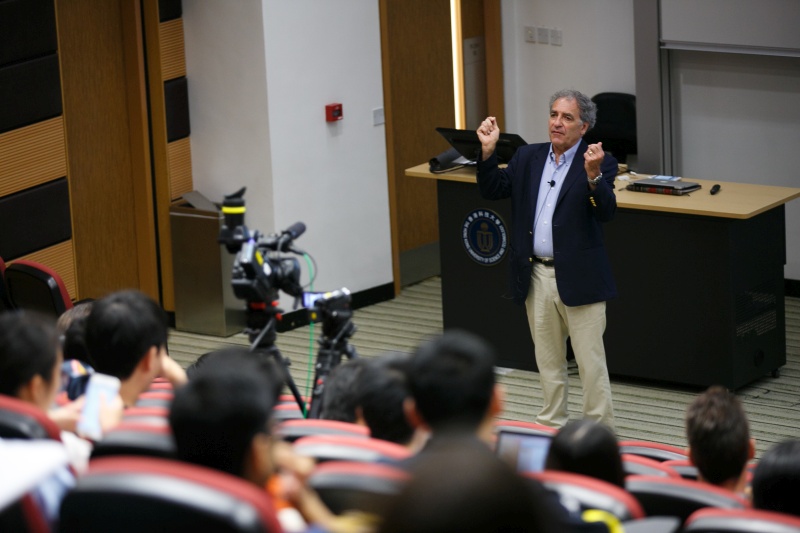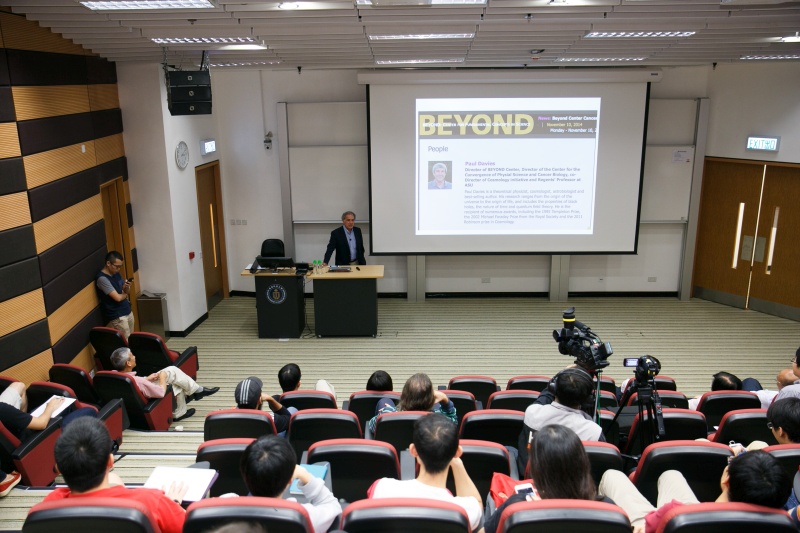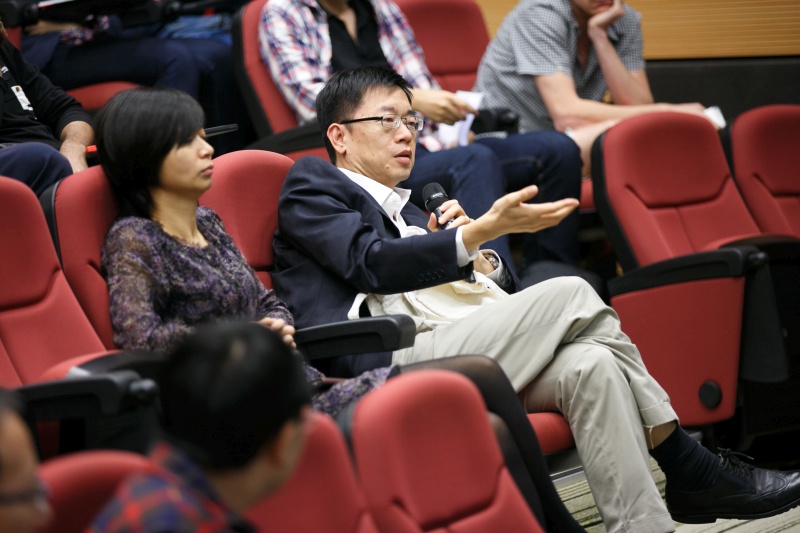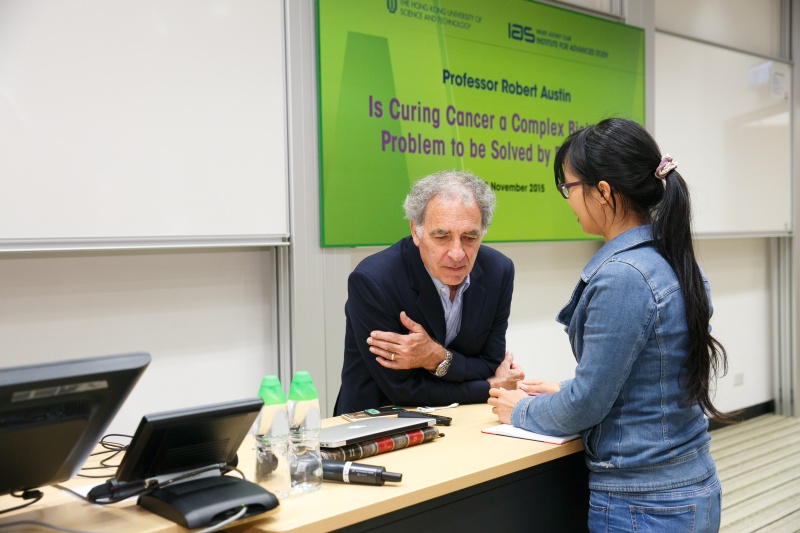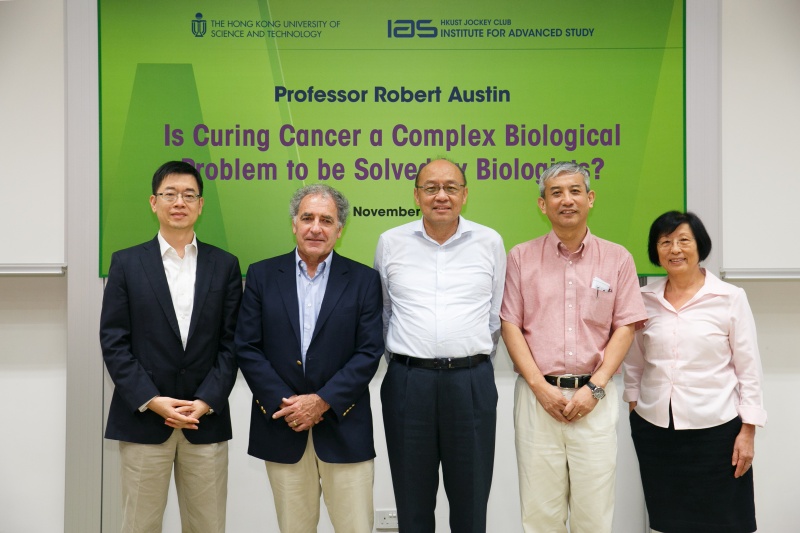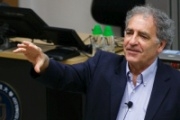Is Curing Cancer a Complex Biological Problem to be Solved by Biologists?
Abstract
Physicists who were recruited to try and assist with the stubbornly constant mortality rates of cancer world-wide over the past 100 years have basically had the invitation withdrawn by the oncology community. The oncologists became annoyed with the independence of thought and the skepticism of some physicists with continuation of the present paradigm of the cancer genome as the rosette stone as the key to cancer. To quote a recent letter in Physics Today: “Curing cancer is a complex biological problem to be solved by biologists”. Apparently our mission as minions is to be the high-level technicians. However, the speaker thinks that is wrong and will lead to continuation of the string of failures and deceptions foisted on the public at large by the Medical Industrial Complex. The speaker suggests re-thinking cancer as a phenomenon which is driven by evolution and may be desired by the organism and be a product of both the aging of the proteome and the genome. Further, searching for mutations (The Cancer Genome) may be completely the wrong direction, searching for protected genes may be as important as looking for mutated genes. In this lecture, the speaker will present the case that physicists should not have been kicked out of the Medical Industrial Complex that keeps the cancer business humming and profitable.
About the speaker
Prof. Robert Austin completed his PhD in Physics at the University of Illinois at Urbana Champagne in 1975. He has been teaching at Princeton University since 1978 and is currently the Professor of Physics.
Prof. Austin’s research interests are in experimental biological physics over a wide range of areas, including Fundamentals of Protein Dynamics: Energy Landscapes and Quantum Mechanics of Proteins, DNA Dynamics: sequence influences, Nanotechnology: DNA Dynamics, Nanotechnology: Micro/nanofluidics and recently Ecology and Evolution Dynamics. His research group is also in the process of developing novel techniques to quickly resolve DNA of different lengths and cells of different size in microchannels.
Prof. Austin is a Fellow of the American Physical Society, a Fellow of the American Association for the Advancement of Science, a Member of the US National Academy of Sciences, and a Fellow of the American Academy of Arts and Sciences. He was also awarded the Delbruck Prize for Biological Physics and the Lilienfeld Prize by the American Physical Society.

